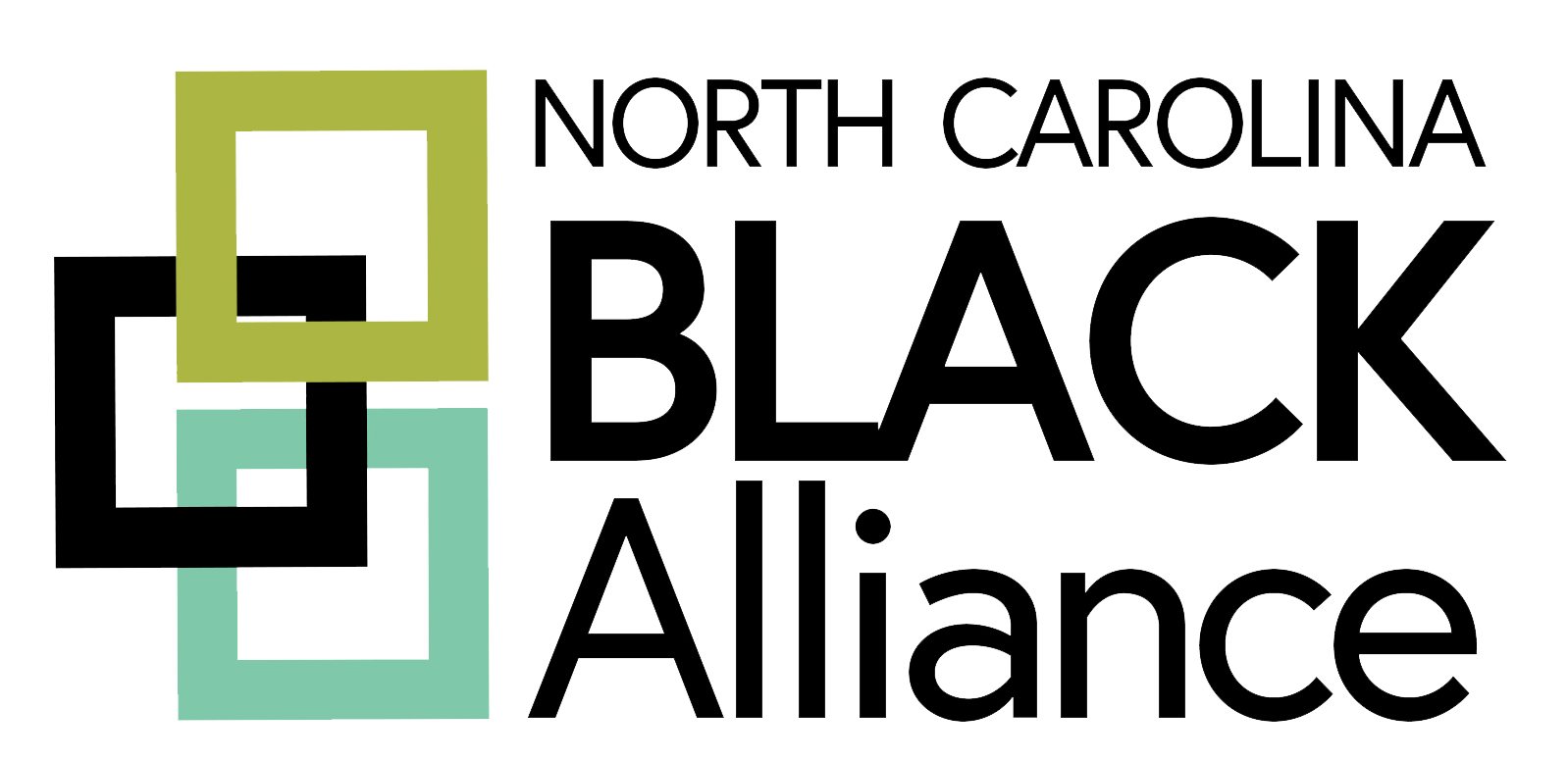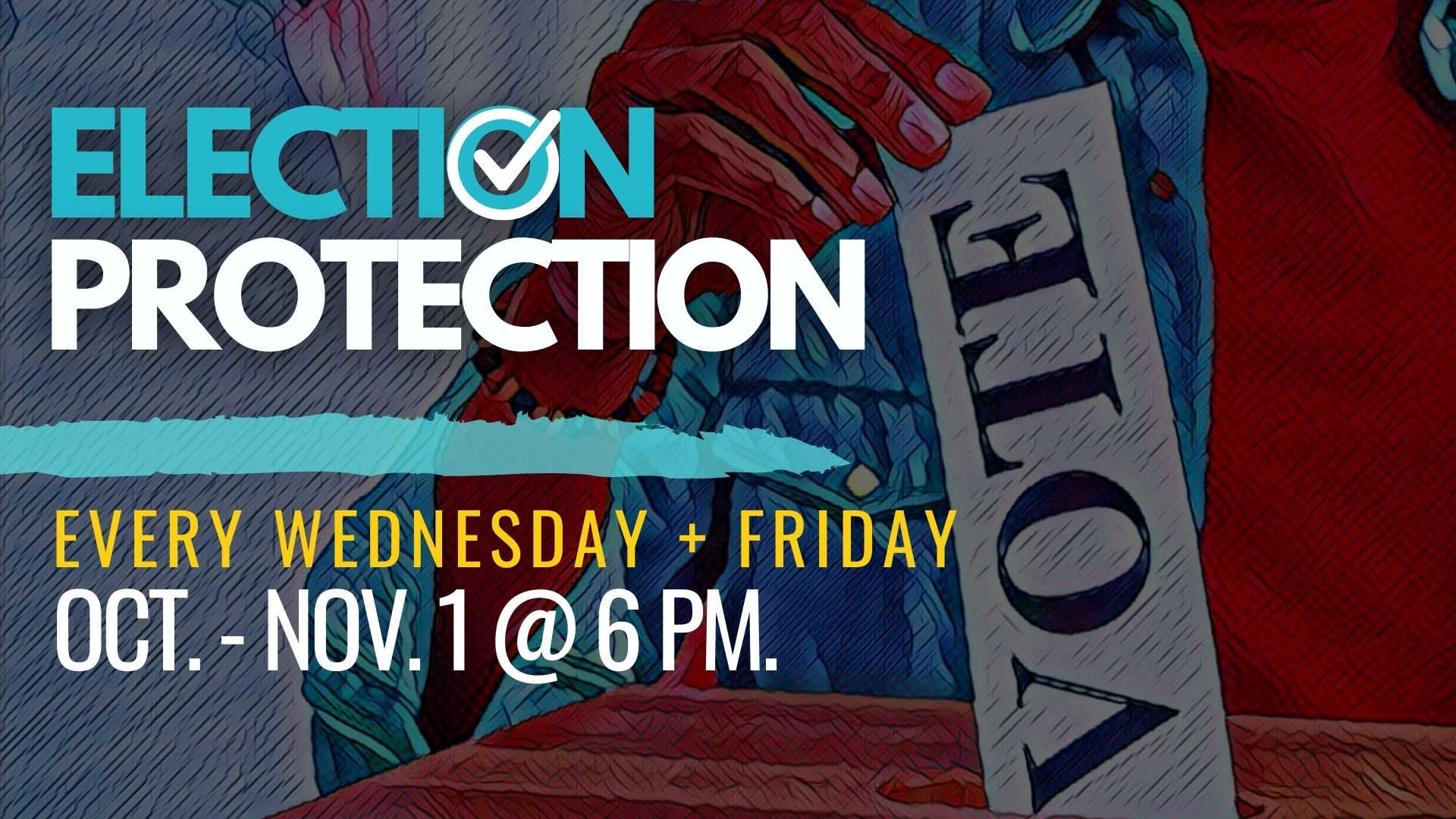
CODE RED Redistricting
North Carolina will soon begin drawing new district maps at every level. It is critically important that Communities of Color be involved, as the redistricting process impacts our ability to build and maintain independent political power, and advance the issues that impact our communities daily.
CODE RED, our redistricting education program, offers training and resources to help our community to understand and monitor the redistricting process and become more effective advocates for fair maps.
Upcoming events + training
North Carolina lawmakers have been drawing new maps. The proposed new Congressional, State House and State Senate maps have been drafted. The state legislature will host a limited number of public hearings. If you can attend one of the hearings, we urge you to sign up to speak.
Election Protection Training Oct-Nov. 1
Election Protection Training Oct-Nov. 1
Join the NC Black Alliance and Advance Carolina Wednesday and Friday through Nov. 1 or a training session to teach election protection volunteers how to protect OUR community's right to vote during elections
Election Protection Training Oct-Nov. 1
Election Protection Training Oct-Nov. 1
Join the NC Black Alliance and Advance Carolina Wednesday and Friday through Nov. 1 or a training session to teach election protection volunteers how to protect OUR community's right to vote during elections
Election Protection Training Oct-Nov. 1
Election Protection Training Oct-Nov. 1
Join the NC Black Alliance and Advance Carolina Wednesday and Friday through Nov. 1 or a training session to teach election protection volunteers how to protect OUR community's right to vote during elections
Election Protection Training Oct-Nov. 1
Election Protection Training Oct-Nov. 1
Join the NC Black Alliance and Advance Carolina Wednesday and Friday through Nov. 1 or a training session to teach election protection volunteers how to protect OUR community's right to vote during elections
Sept. 25 Redistricting Hearing
Recording: The House Redistricting Committee and the Senate Redistricting and Elections Committees held a joint public hearing on Monday, September 25, at the College of the Albemarle, Elizabeth City Campus. Senator Paul Newton presided.
Sept. 26 Redistricting Hearing
Recording: The House Redistricting Committee and the Senate Redistricting and Elections Committees held a joint public hearing on Tuesday, September 26, at The Atrium Room Appalachian State, Hickory Campus. Senator Warren Daniel presided.
Sept. 27 Redistricting Hearing
Recording: The House Redistricting Committee and the Senate Redistricting and Elections Committees held a joint public hearing on Wednesday, September 27, at the Legislative Office Building, Raleigh. Senator Ralph Hise presided.
Attorneys, Join the Fight!
We need attorneys to join the fight to maintain fair redistricting maps in North Carolina. If interested, please sign up. After signing up you will receive the scheduled dates and times for our upcoming sessions.
In Partnership








